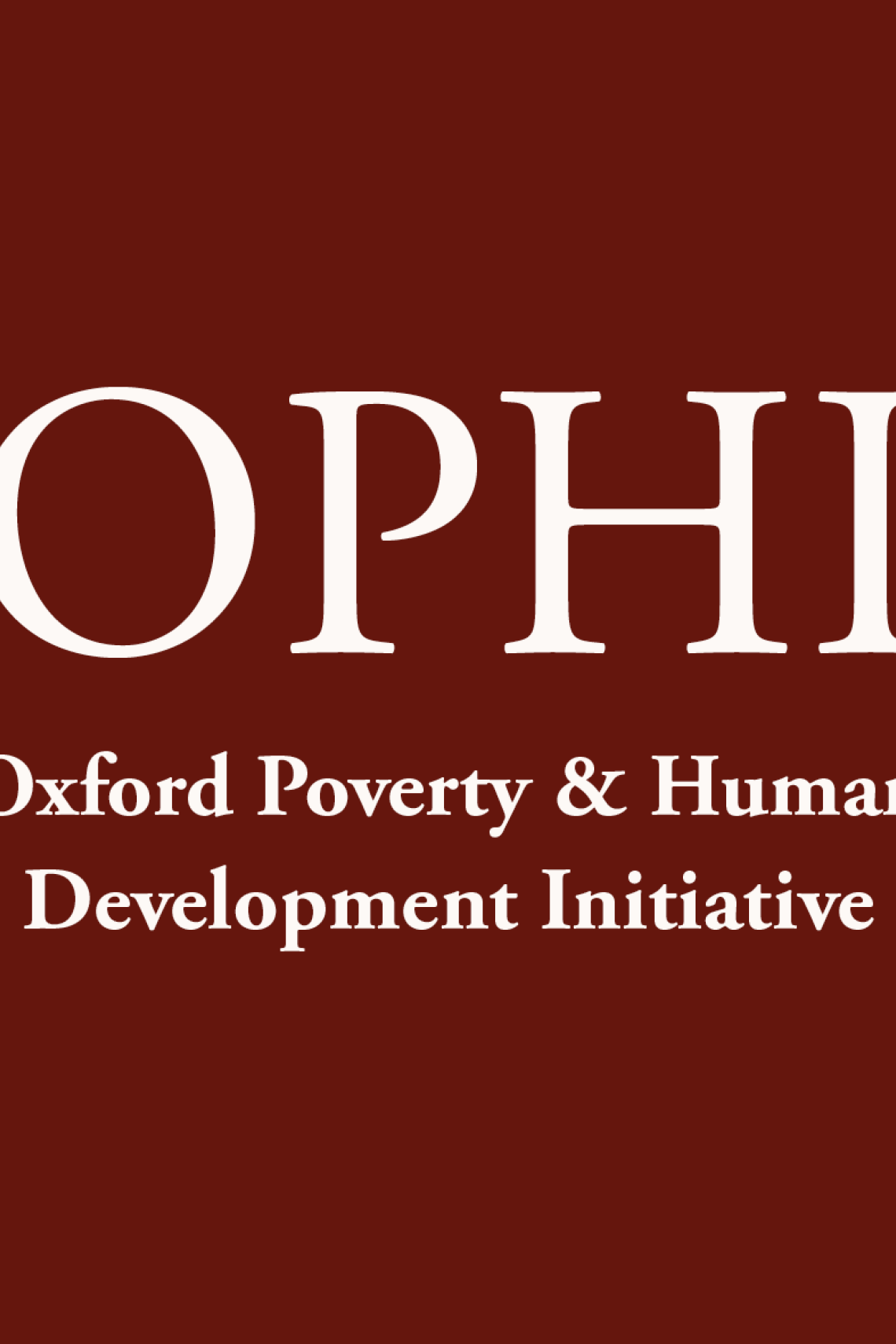New donation for OPHI research into links between poverty and the environment
The Oxford Poverty and Human Development Initiative (OPHI) at ODID has received a generous donation from Stuart and Jahana Jeffreys for their ongoing research linking human poverty and deprivations in environmental factors. While OPHI has already worked on these issues at the theoretical level, this new funding will allow them to undertake the first significant empirical study.
The study will focus on Madagascar, a least developed and low-income country in Africa with tremendous poverty and environmental challenges. According to the global Multidimensional Poverty Index (MPI) which OPHI computes annually with the UN Development Programme, the country´s progress on poverty alleviation in the last decade has been modest: of the 31 countries whose starting MPI was 0.25 or above, Madagascar ranks 26th fastest in reducing its MPI, and of the 14 countries whose starting MPI was 0.4 or above, only Chad’s reduction was slower than Madagascar’s. The MPI ranges from 0 to 1, with higher values implying higher poverty.
At the same time, Madagascar has many environmental treasures as well as strains. It has very rich biodiversity, including a wide variety of wildlife, notably lemurs, but it is also losing its tropical rainforest cover at a rate that is the eighth fastest in the world, according to the World Resources Institute.
The study will clarify the interlinkages between poverty and environmental deprivations and articulate feasible policy actions. The research team will include Dr Sabina Alkire, the Director of OPHI, and Jakob Dirksen, a researcher with a strong interest in the environment. Methodologically it will implement a set of measures (as proposed in a 2018 paper) and analyse them. For policy impact and precise environmental expertise, the team will collaborate with Dr Herizo Andrianandana, regional director for the Ministry of Environment and Sustainable Development in Analamanga, the region surrounding Madagascar’s capital.

